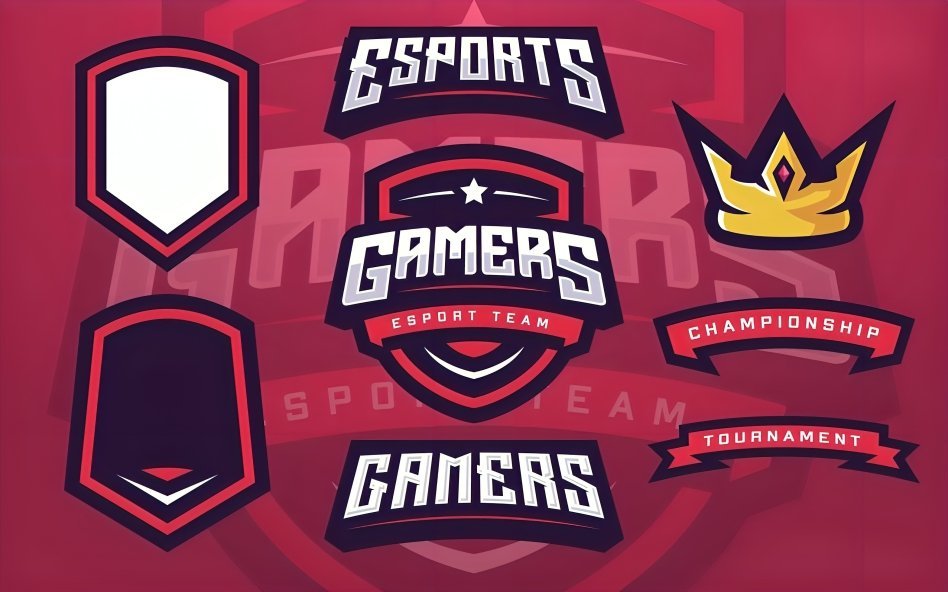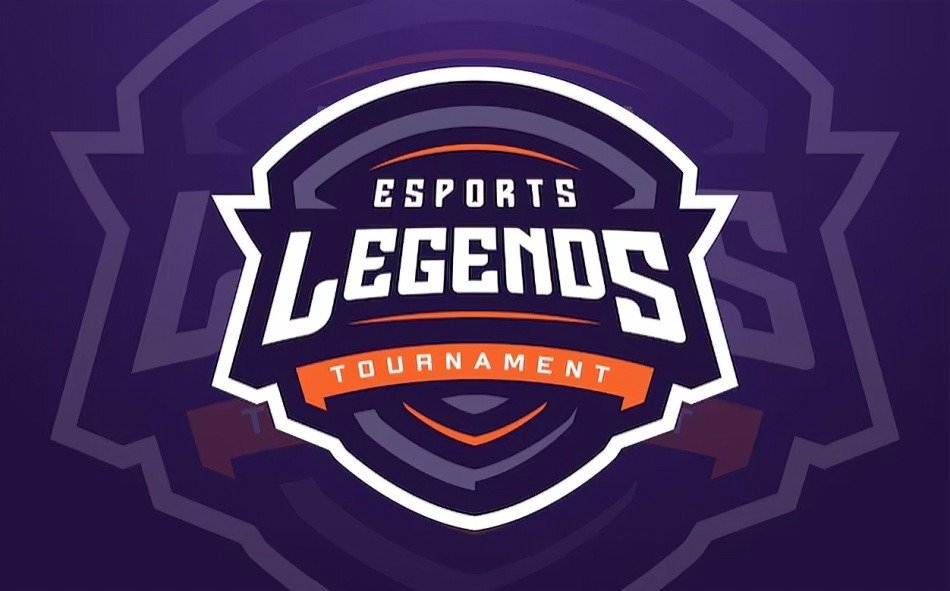In recent years, a new wave of competition has risen that goes far beyond traditional stadiums and playing fields. Esports, short for electronic sports, has evolved into a global phenomenon that has redefined the concept of sports and gaming. What once started as small gaming tournaments in basements and computer cafes has grown into a multi-billion-dollar industry with massive fan bases, professional players, and global recognition. Esports has blurred the line between physical sports and digital entertainment, bringing gaming to the forefront of modern culture.
The rise of Esports showcases not only the power of technology but also the changing perceptions of what qualifies as a sport. With international leagues, sponsorships, live broadcasts, and even betting markets, Esports is no longer just about “playing games.” It is now a career path, a form of entertainment, and a lifestyle for millions worldwide.
In this article, we will dive deep into the world of Esports, exploring its history, evolution, impact, opportunities, and challenges. We will also take a closer look at how platforms such as sportsamrath contribute to spreading awareness and engagement in this growing field.
The Origins and Growth of Esports

The story of Esports begins in the 1970s and 1980s, when video games first became household entertainment. The first official video game competition is often traced back to 1972, when students at Stanford University competed in the game Spacewar. The winner received a year’s subscription to Rolling Stone magazine. At that time, no one could have imagined that this would lay the foundation for one of the fastest-growing industries in the world.
By the 1990s, with the rise of the internet and multiplayer games, competitive gaming gained momentum. Titles like Street Fighter II and StarCraft became global sensations, spawning tournaments that attracted thousands of players. In South Korea, Esports grew into a cultural phenomenon, with professional leagues broadcast on television.
The 2000s and 2010s brought an explosion of growth thanks to streaming platforms like Twitch and YouTube Gaming. Games like League of Legends, Counter-Strike: Global Offensive, Dota 2, and Overwatch turned into international Esports titles, drawing millions of viewers and generating prize pools worth millions of dollars.
Today, Esports is not just an activity for enthusiasts; it is a recognized global industry. Universities offer scholarships for Esports players, major brands sponsor tournaments, and governments in countries like South Korea and the United States acknowledge Esports athletes as professionals. Platforms like sportsamrath highlight the cultural significance of Esports, making it a part of mainstream sports discussions.
The Structure of Competitive Esports
Esports operates much like traditional sports, with professional leagues, teams, players, coaches, and fans. However, it also brings unique dynamics shaped by technology and digital culture.
1. Teams and Players
Just like football or basketball, Esports has professional teams competing in tournaments. Players specialize in specific games and roles, often spending countless hours practicing strategies and refining skills. Many players start as amateurs and climb the ranks through online competitions.
2. Tournaments and Leagues
Esports events range from small local tournaments to massive international championships. Competitions like The International (Dota 2), League of Legends World Championship, and Fortnite World Cup attract millions of viewers worldwide. Prize pools often exceed tens of millions, making them as lucrative as traditional sporting events.
3. Coaches and Analysts
Behind every successful team is a dedicated group of coaches, analysts, and managers who study gameplay, identify weaknesses, and design winning strategies. This mirrors the structure of traditional sports, emphasizing preparation and teamwork.
4. Broadcasting and Streaming
One of the biggest strengths of Esports is its accessibility. Fans can watch matches live on Twitch, YouTube, or even television networks. Unlike traditional sports, where broadcasting rights are often limited, Esports thrives on open platforms where fan engagement is maximized.
5. Global Audience
Esports is not bound by geography. Players and fans from every continent can participate and watch events online. This global reach has made Esports one of the most inclusive sports industries in the world.
The structure of Esports demonstrates why many now consider it on par with traditional athletics. Its professionalism, global reach, and competitiveness showcase why platforms like sportsamrath actively promote Esports as a legitimate form of sports entertainment.
The Impact of Esports on Society and Culture

The rise of Esports has had a profound impact on modern society, transforming how people view gaming, entertainment, and even career opportunities.
1. Redefining Sports
Esports challenges the conventional idea of sports, proving that competition, skill, and strategy are not limited to physical activity. Just as chess is considered a sport for its intellectual rigor, Esports emphasizes reflexes, decision-making, teamwork, and mental endurance.
2. Career Opportunities
Esports has created thousands of career paths. Players, coaches, shoutcasters (commentators), content creators, and event organizers all contribute to the industry. Beyond direct involvement, careers in marketing, journalism, and streaming have also flourished around Esports.
3. Cultural Acceptance
In the past, video gaming was often dismissed as a waste of time. Today, Esports athletes are celebrated like rock stars. They sign sponsorships, appear in advertisements, and have millions of social media followers. This shift in perception highlights how Esports has entered mainstream culture.
4. Economic Impact
Esports is now a billion-dollar industry, generating revenue from ticket sales, sponsorships, merchandise, and digital streaming. Cities around the world host Esports arenas, boosting tourism and creating local economic benefits.
5. Social Connection
Esports has built communities across borders. Fans bond over shared love for games, players connect with audiences in real-time, and online platforms foster friendships and collaboration. In many ways, Esports is one of the most unifying forces in modern entertainment.
Challenges and Criticisms of Esports
Despite its rapid rise, Esports faces several challenges that need to be addressed for sustainable growth.
1. Health Concerns
Professional gamers often practice for 8–12 hours daily, which can lead to physical and mental health issues such as eye strain, repetitive stress injuries, and burnout. Balancing training with health remains a key concern.
2. Regulation and Governance
Unlike traditional sports, Esports does not have a centralized governing body. This creates issues with standardization, player contracts, and ethical guidelines. Match-fixing and cheating have also been reported, raising concerns about integrity.
3. Accessibility and Inclusivity
Although Esports is global, not everyone has equal access to high-end computers, consoles, or stable internet. Gender inequality also persists, with female players facing harassment and underrepresentation in tournaments.
4. Addiction and Lifestyle Issues
Critics argue that excessive gaming can lead to addiction, poor academic performance, and social isolation, especially among young players. Striking a balance between healthy gaming and excessive play remains a challenge.
5. Sustainability of Careers
While top players earn millions, most professional gamers have short careers due to intense competition and rapid changes in gaming trends. Unlike traditional sports, retirement options for Esports athletes are limited.
These challenges highlight the need for more structure, awareness, and support systems within the Esports industry. Platforms like sportsamrath often emphasize responsible gaming and industry reforms to ensure sustainable growth.
The Future of Esports: A New Era of Competition

Looking ahead, Esports shows no signs of slowing down. In fact, the future may hold even greater opportunities and innovations.
1. Mainstream Integration
Esports is increasingly being recognized alongside traditional sports. Major broadcasters like ESPN and BBC have covered Esports events, while Olympic committees are exploring its inclusion in future Games.
2. Technological Advancements
Virtual reality (VR), augmented reality (AR), and artificial intelligence (AI) are expected to transform Esports. VR-based competitive gaming may soon become a reality, offering immersive experiences beyond today’s standards.
3. Education and Scholarships
More universities worldwide are offering Esports programs and scholarships. This legitimizes gaming as a career path and provides structured training for aspiring players.
4. Cross-Industry Partnerships
Esports is forming collaborations with fashion brands, music artists, and even traditional sports leagues. Such crossovers expand Esports’ appeal and bring new audiences into the fold.
5. Expanding Global Reach
As internet access improves globally, more regions will join the Esports revolution. This ensures the industry will continue to diversify and grow at an exponential pace.
The future of Esports is bright, driven by innovation, inclusivity, and the passion of millions of fans and players around the globe.
FAQs About Esports
1. What is Esports?
> Esports refers to organized, competitive video gaming where individuals or teams compete in professional tournaments for prizes, recognition, and entertainment.
2. How is Esports different from regular gaming?
> While casual gaming is about personal enjoyment, Esports is highly competitive, structured, and professional. Players train for hours, compete in tournaments, and often have sponsorships.
3. Can Esports be considered a real sport?
> Yes. Esports requires skill, teamwork, strategy, and discipline, similar to traditional sports. Many organizations, including some governments, officially recognize Esports as a sport.
4. How do Esports players earn money?
> Players earn through tournament winnings, sponsorships, streaming, merchandise, and content creation. Top players can earn millions annually.
5. What games are most popular in Esports?
> Some of the most popular Esports titles include League of Legends, Dota 2, Counter-Strike: Global Offensive, Fortnite, Valorant, and Overwatch.
